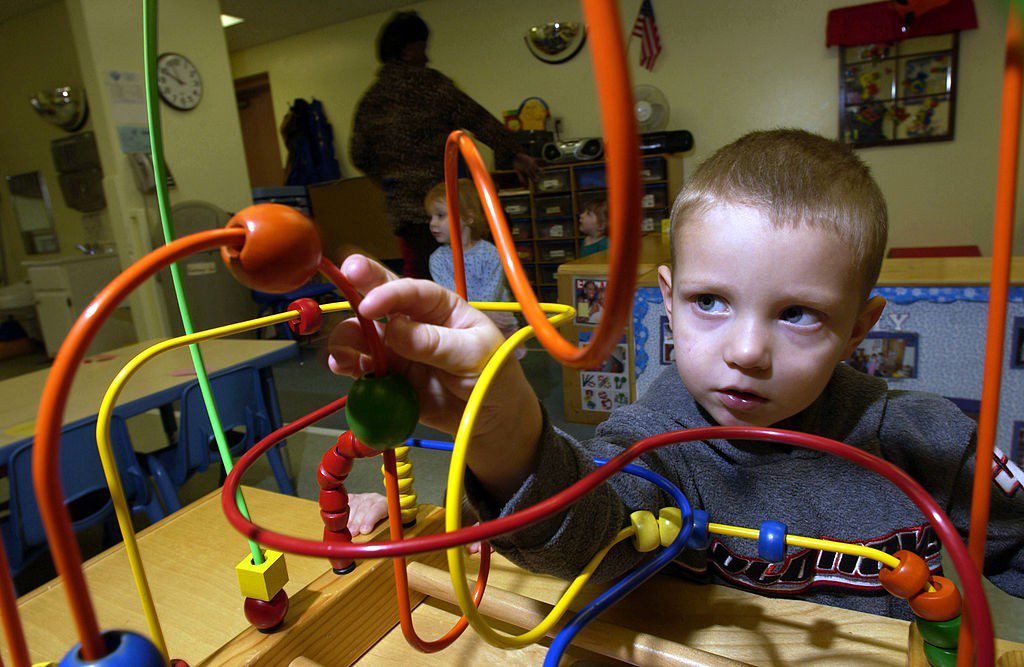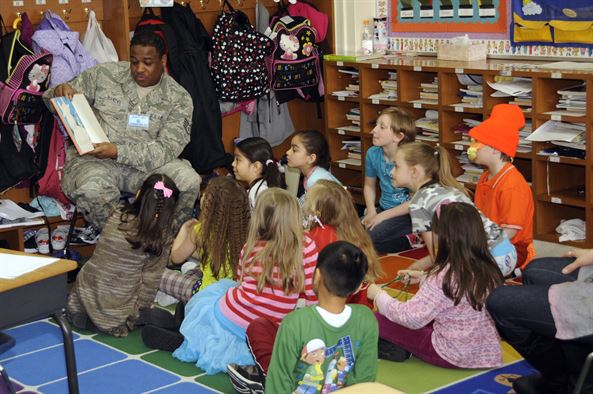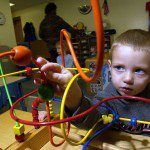
Some time ago, back in 2013, in fact, I linked to a report on a free preschool program in Tennessee. The program was targeted at low-income families and had waiting lists, and children were admitted on a randomized basis, rather than first-come, first-served, so that a comparison of participating vs. not-participating families made for a good way of measuring the effectiveness of preschool without any confounding variables.
The study was a disappointment to pro-free-preschool advocates, because it did not show the gains in academic success its promoters hoped for.
Now there’s a new study out, that studies children all the way up to third grade. (Actually it’s not new, published in April, but I’m just now seeing it on my twitter feed.) The outcome?
- Positive achievement effects at the end of pre-k reversed and began favoring the control children by 2nd and 3rd grade.
- VPK participants had more disciplinary infractions and special education placements by 3rd grade than control children.
- No effects of VPK were found on attendance or retention in the later grades.
What does this mean about preschool? Back in my original blog post, I had said that the push to free preschool was just as much about providing free daycare as improving educational outcomes for children, and I had observed that the very academic nature of American preschools, in which children do seatwork, was quite different than European preschools’ greater focus on children’s social and emotional development.
Are preschool-aged children actively harmed by spending significant amounts of time with large groups of children? Does the academic focus mean that the European (German) experience of focusing on developing social skills is lost in the shuffle because that’s not measured like academic achievement is? Is this all balanced out by middle-class parents in their at-home parenting, but not by working-class parents? Is the experience of children in the sort of family care that working-class families turn to absent state subsidies, not so bad after all?
There’s a lot that we don’t know, so this again remains a caution, that we shouldn’t jump too quickly into a norm of center-based care for everyone.
Image: https://commons.wikimedia.org/wiki/File%3AUS_Navy_050114-N-3659B-050_he_Morale_Welfare_and_Recreation_Child_Development_Center_on_board_Naval_Support_Activity_Mid-South_in_Millington%2C_Tenn.%2C_provides_daycare_services.jpg; By U.S. Navy photo by Photographer’s Mate 3rd Class Joseph M. Buliavac [Public domain], via Wikimedia Commons

















